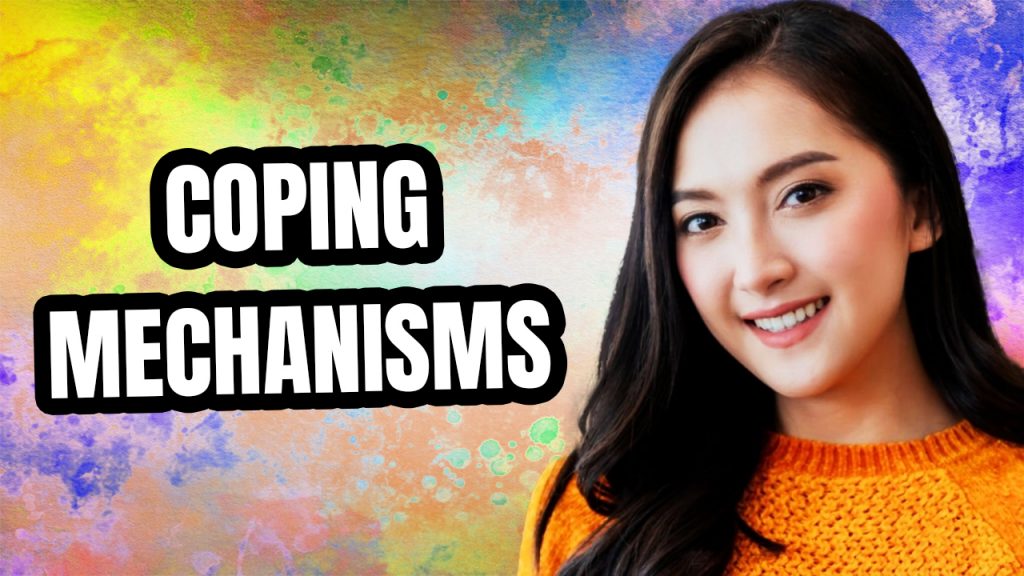What are Coping Mechanisms?

Coping mechanisms refer to the strategies and behaviors that individuals use to manage or
cope with stress, difficult situations, and emotional distress. They can be positive or negative,
adaptive or maladaptive, and conscious or unconscious. Coping mechanisms are essential in
maintaining an individual’s emotional and mental well-being, and their effectiveness can vary
depending on the situation and individual. In this essay, we will explore what coping
mechanisms are, why they are important, and the different types of coping mechanisms.
Coping mechanisms are the strategies and behaviors that individuals use to manage or cope
with stress, difficult situations, and emotional distress. These coping mechanisms can be either
positive or negative. Positive coping mechanisms refer to strategies that promote positive
emotional states, reduce stress, and maintain emotional well-being. These strategies include
seeking social support, engaging in physical activities, practicing relaxation techniques, and
engaging in positive self-talk.
On the other hand, negative coping mechanisms refer to strategies that promote negative
emotional states, increase stress, and can lead to the development of emotional disorders such
as depression and anxiety. These strategies include substance use, self-harm, avoidance, and
denial. While negative coping mechanisms may provide temporary relief from stress, they can
have negative long-term effects on an individual’s mental and physical health.
Coping mechanisms are essential in maintaining an individual’s emotional and mental
well-being. They allow individuals to navigate difficult situations and emotions, providing them
with a sense of control and agency over their lives. Coping mechanisms help individuals to
regulate their emotions, reduce stress, and maintain a positive outlook on life. They also help
individuals to build resilience, which is the ability to bounce back from difficult situations.
The effectiveness of coping mechanisms can vary depending on the situation and individual.
What works for one individual may not work for another. Additionally, coping mechanisms can
be adaptive or maladaptive. Adaptive coping mechanisms refer to strategies that are effective in
managing stress and emotional distress. Maladaptive coping mechanisms refer to strategies
that are ineffective in managing stress and emotional distress, leading to negative outcomes.
The different types of coping mechanisms can be categorized into several groups. These
groups include problem-focused coping, emotion-focused coping, and meaning-focused coping.
Problem-focused coping refers to strategies that focus on addressing the source of stress or
difficulty directly. These strategies involve taking action to change the situation or remove
oneself from it. Examples of problem-focused coping include seeking information or advice,
making a plan of action, and seeking practical support.
Emotion-focused coping refers to strategies that focus on managing the emotional response to
stress or difficulty. These strategies involve changing the way one thinks about the situation or their emotions. Examples of emotion-focused coping include relaxation techniques, cognitive
restructuring, and seeking emotional support.
Meaning-focused coping refers to strategies that focus on finding meaning or purpose in a
difficult situation. These strategies involve reframing the situation in a positive light and finding
value or growth in the experience. Examples of meaning-focused coping include finding
meaning in religious or spiritual beliefs, finding meaning in personal growth or development, and
finding meaning in helping others.
In conclusion, coping mechanisms refer to the strategies and behaviors that individuals use to
manage or cope with stress, difficult situations, and emotional distress. They can be positive or
negative, adaptive or maladaptive, and conscious or unconscious. Coping mechanisms are
essential in maintaining an individual’s emotional and mental well-being, allowing individuals to
navigate difficult situations and emotions, providing them with a sense of control and agency
over their lives. The effectiveness of coping mechanisms can vary depending on the situation
and individual, and they can be categorized into problem-focused coping, emotion-focused
coping, and meaning-focused coping. It is important for individuals to develop positive coping
mechanisms and seek support when needed to maintain their emotional and mental well-being.
This Post is Brought To You By BetterHelp